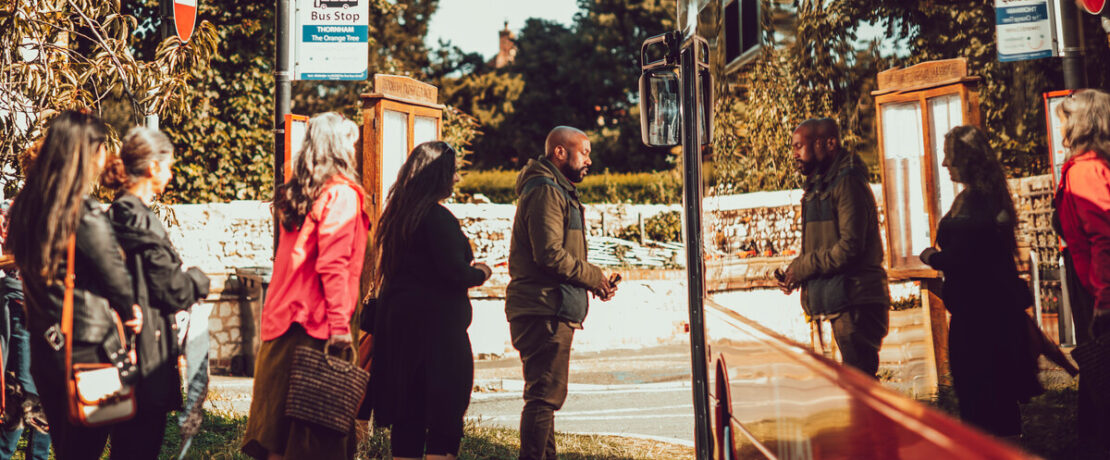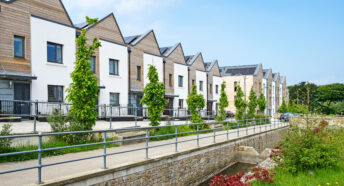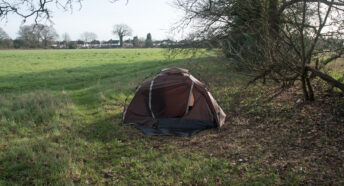CPRE gives evidence to determine future of transport
CPRE’s head of policy and campaigns Paul Miner gave oral evidence to the House of Commons Transport Committee today, giving a much-needed voice to countryside communities.
The session, which took place this morning, is part of the ongoing consultation on the government’s approach to transport in the future. It includes issues such as decarbonisation, public transport access, and how to encourage active travel.
View our submission of evidence
Rural communities cut off
CPRE has long made the case that poor public transport is cutting rural communities off and leaving them behind. As part of our Every Village, Every Hour campaign, our research showed that introducing a regular and affordable bus service across rural England was not only possible, but could be a boon for the economy. A lack of reliable and affordable public transport services has created ‘transport deserts’ across the country, with restricted access to local facilities, and forced car dependence at great cost to people and planet.
Lack of integration
The government’s approach to transport is in silos. There are individual strategies for road, rail and cycling infrastructure and there’s a desperate need to bring them all together. Transport is our highest emitter of greenhouse gases, and we need a joined up approach that restores active travel options (such as walking and cycling), reduces emissions and improves connectivity countrywide, not just in urban centres.
The economic benefits of building more roads and bypasses are, in our view, greatly exaggerated, and initiatives are not fully vetted before being rolled out. This tunnel-visioned approach completely ignores the social, environmental and health factors that should be at the heart of all transport decisions.
Car dependency
Underfunded, unreliable and depleting rural transport options along with poorly designed and disconnected housing schemes is forcing car dependency. There is an ongoing focus on developing road infrastructure, despite there being little evidence that this has economic benefit. In fact, car travel is still deeply embedded in the Department for Transports Decarbonisation Plan. This is at odds with evidence given by the Climate Change Committee earlier in 2023, which stressed the importance of new thinking to bring about a new generation of sustainable transport options.
New thinking
Commenting on the consultation, CPRE’s head of policy and campaigns Paul Miner said:
‘The government’s fragmented approach to transport is failing rural communities. Our evidence sets out a new approach to the Transport Committee which would encourage rapid decarbonisation, restore public transport in rural areas and give us cleaner air.
‘We want to see a fully integrated and action-led transport strategy that takes our climate commitments seriously and breathes life back into countryside communities.’
Housing is key
Development in the Green Belt and many other areas of rural England has seen estates of executive homes built which are completely cut off from local infrastructure and are inherently dependent on car travel. These lifeless developments are only exacerbating the issue by enabling continued dependence on cars while public transport options steadily decline. Without a rigorous and overarching strategic approach, this pattern will continue.
We want to see not only joined-up thinking on transport, but in how we approach housebuilding too. We’re calling for the government to adopt the Transport for New Homes Charter. This is a vision which seeks a step-change in our approach to new homes, with an increased focus on transport connectivity, and on sociable, healthy and sustainable places to live.
Get involved
Creating thriving and sustainable rural communities is something that CPRE continues to campaign for. We want to see public transport at the heart of rural communities, to tackle isolation, improve connectivity, clean our air and mitigate against climate change. You can support our vital work by making a donation, or becoming a member.








